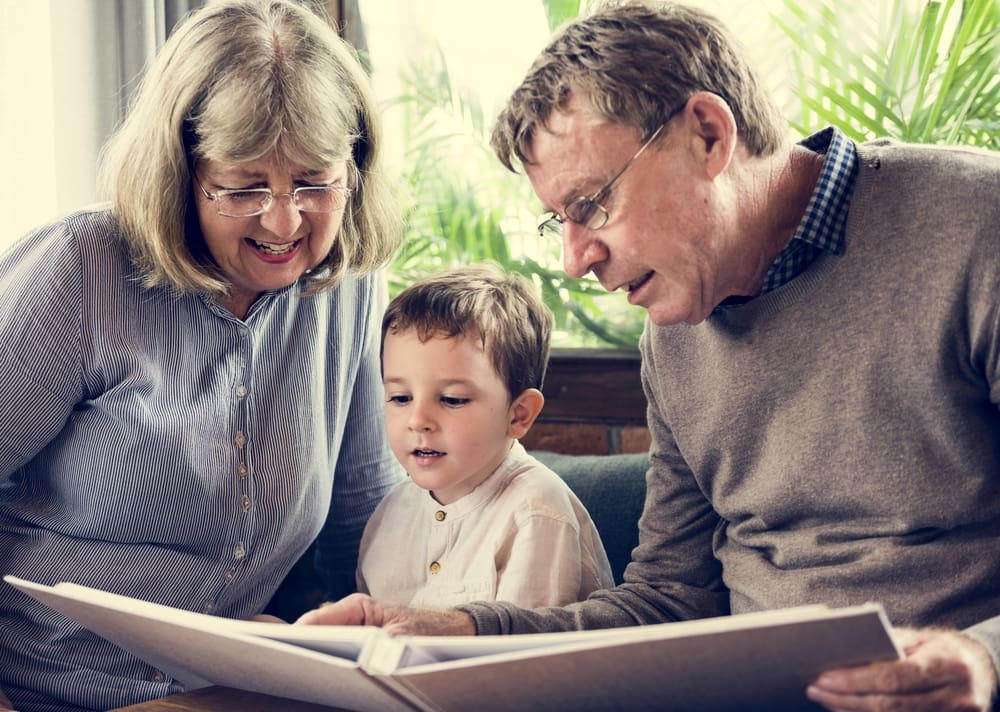Find out more about the beneficial effects of intergenerational care and how a live-in care arrangement can help achieve many of the same goals.
The concept of intergenerational care goes back decades, but the topic has been thrust firmly into the limelight in recent months.
Here, we’ll take a closer look at this inspirational concept; why it’s back in the news and how it can enhance quality of life for older people.
Why is intergenerational care in the news?
Recent coverage is primarily down to Channel 4, which aired the popular show ‘Old People’s Home for 4 Year Olds’ throughout July and August.
At its peak, over 2.2 million people watched the show, eclipsing all other programmes in the same time slot. The show also generated a huge amount of discussion on social media.
Essentially, the concept of the show was to bring a group of four-year-olds into a residential care home to see if they could affect the health and happiness of elderly residents. Needless to say, the results were heart-warming.
How does intergenerational care work?
There’s no simple answer to this question. However, trials have repeatedly proven successful, with residents and carers alike reporting a notably positive effect on the health and wellbeing of older people.
These are just some of the areas intergenerational care can benefit:
Sense of purpose
Having the chance to entertain or impart knowledge can give older people a greater sense of purpose. Children are naturally inquisitive and will often include others in their games, or when exploring a new environment.
Parental instincts
Spending the day with kids can awaken parental instincts in older people who have had children themselves, or played a role in raising others’. This type of activity can trigger nostalgia and encourage them to use skills they might not use otherwise.
Mood enhancement
The energy and generally happy disposition of childhood can be quickly mirrored by older people. Nursery/school staff should always be on hand. However, even an upset child can motivate older people to put their own feelings to one side to improve the mood of their young visitor.
Getting active
Most intergenerational initiatives involve fun activities, like listening to music, dancing, creating art, storytelling and communal eating. Participating in light-hearted activities such as these can help get older people active in a positive way.
Older people aren’t the only ones to benefit from such interaction. Children are likely to receive more attention than they would do otherwise, have the opportunity to learn, and to develop their social skills.
Live-in care also provides beneficial support
Children can undoubtedly have a wonderful effect on older people. However, these initiatives can only ever form part of a wider care approach.
Live-in care uses specialist care techniques to ensure your loved one stays happy, active and engaged on a daily basis. A dedicated live-in care team will get to know their needs and preferences, then design a tailored care programme that puts them at the centre.
The live-in care team can even help prepare the home for visits from grandchildren and other young relatives. This support gives your loved one the chance to enjoy the same intergenerational care benefits.
Find out more about how live-in care can help support loved one by speaking with the friendly team at The Good Care Group.
